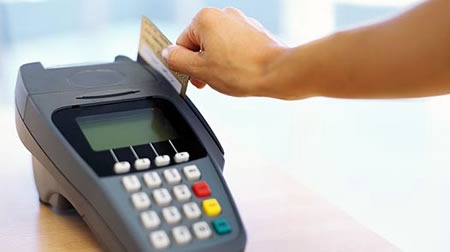10 Tips to keep your bank PIN safe

Research commissioned by FNB and VISA reveal that while the overall awareness of card fraud is very high, 42% of respondents are sharing their bank card PINs. The protection of customer’s funds is a top priority for FNB and although the bank is always looking at ways to improve security, certain key links in fraud prevention remain a shared responsibility between the bank and customers.
“We cannot stress enough the importance of keeping personal banking information secret,” says Athaly Khan, Head of Fraud at FNB Credit Card. “The risk of sharing PINs or writing them down is two-fold: there is an increased chance of being defrauded and you may see activity that you did not authorise on your account.”
Fraud cases are investigated on an individual basis, but a refund is unlikely if the original PIN and card were used for the transaction.
“In cases where the original card and its PIN have been used, we often find that the card owner shared their details. This is seen as customer authorisation for the transaction and will decrease the likelihood of a refund,” notes Khan.
Counterfeit card fraud on the other hand is as a result of a series of compromises where the fraudsters skim and clone a card and then use the PIN, obtained through shoulder surfing or installed cameras, to access the customers’ funds. It is therefore critical that customers remain vigilant when entering their PINs at ATMs and point of sale (POS) devices, to avoid shoulder surfing.
There should however not be reason to steer away from card usage. In fact, due to the high levels of convenience and security, card usage continues to grow in popularity as the preferred and safest method of transacting, even online.
Treat your card as you would cash and never write your PIN down or reveal it to anyone.
When keying in your PIN at a POS device, make sure that you:
- Never let your card out of your sight
- Receive your card back after paying
- Always cover your hand when entering your PIN
- Keep the slip as proof of transaction details in the event that the cashier informs you that your transaction was declined
When transacting at an ATM, make sure that you:
- Never accept assistance from anyone
- Do not draw money if you feel unsafe
- Always place your hand over the keypad when keying in your PIN
- Cancel your card immediately if your card is swallowed or if you think you have been a victim of fraud
- Don’t try to draw money at an ATM with a blank screen
- Never force your card into an ATM slot
“FNB is encouraging greater card usage and cashless banking as cards are a safe and convenient alternative to cash. At the same time we will continue to actively take steps to inform our customers about simple security precautions to prevent card fraud,” concludes Khan.




